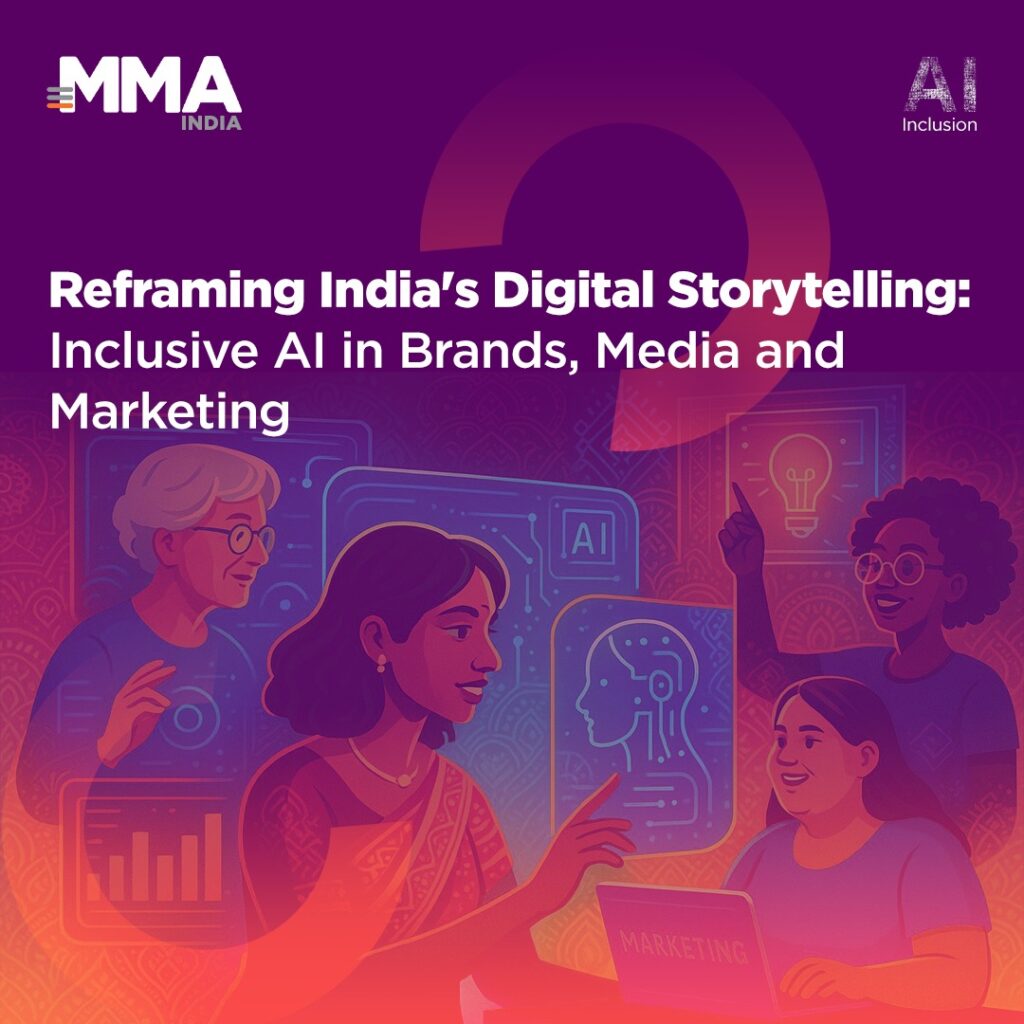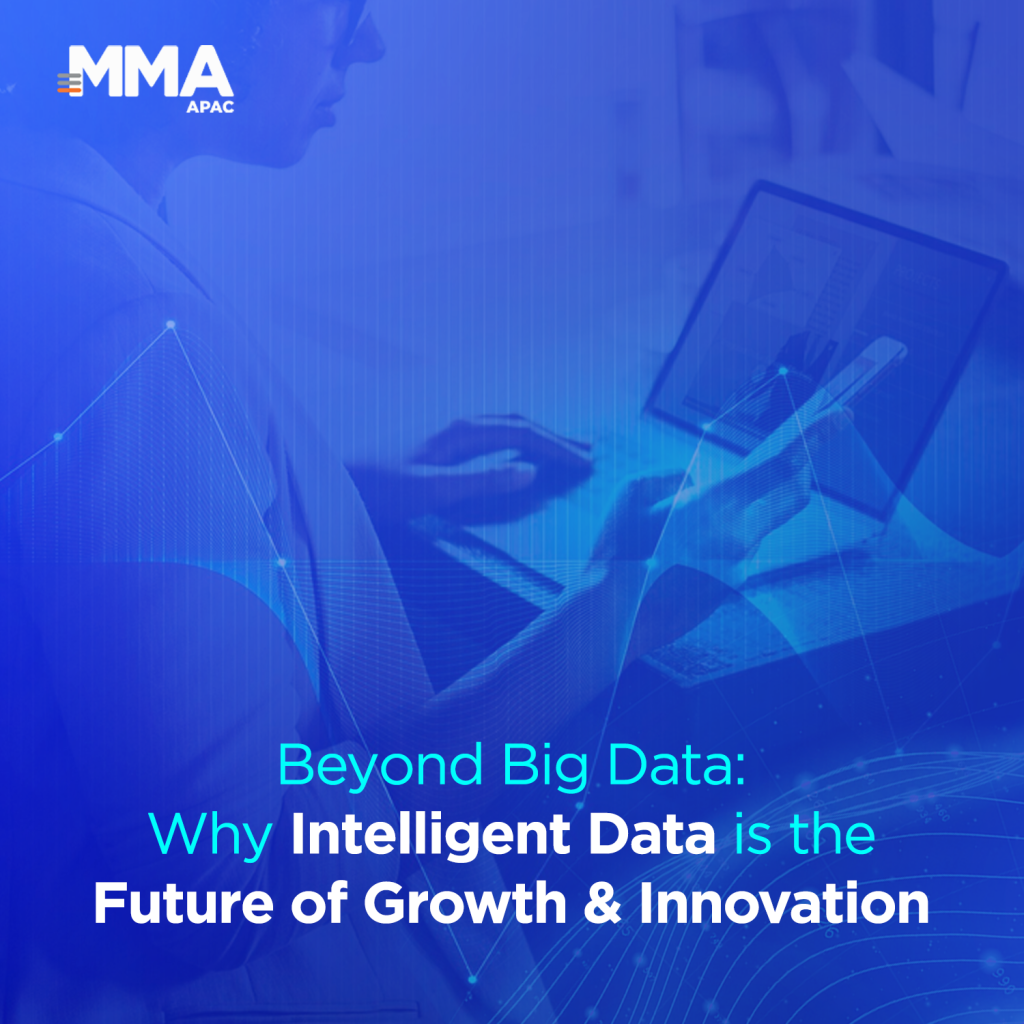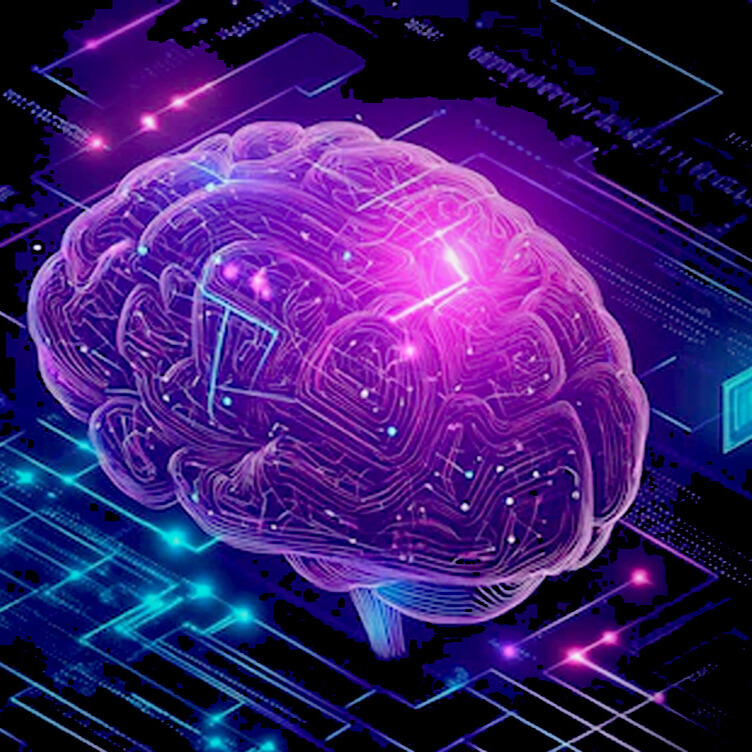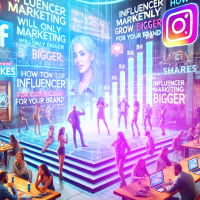
Artificial Intelligence (AI) is reshaping the marketing landscape, driving efficiency, personalization, and data-driven decision-making. Yet, amid this technological revolution, the heart of successful marketing still lies in authentic human connection and ethical practices. As brands navigate this balance, they must leverage AI’s capabilities while staying true to their core values of empathy, creativity, and responsibility.
AI’s Expanding Role in Modern Marketing
The integration of AI in marketing has accelerated at an extraordinary pace. According to Statista, the majority of marketers are now incorporating AI into their strategies to enhance customer experiences, automate processes, and optimize operations. AI’s ability to analyze vast amounts of data and uncover actionable insights allows brands to make smarter, faster decisions.
For example, AI-driven tools can identify consumer preferences, predict behaviors, and automate personalized messaging at scale. Tasks that once required considerable time and resources—such as audience segmentation, campaign analysis, and content delivery—are now executed with remarkable precision. This technological efficiency has fundamentally changed how brands engage with consumers.
However, while AI improves the mechanics of marketing, the emotional connection that drives long-term brand loyalty remains distinctly human. Personalization and optimization may catch attention, but it is empathy and creativity that hold it.
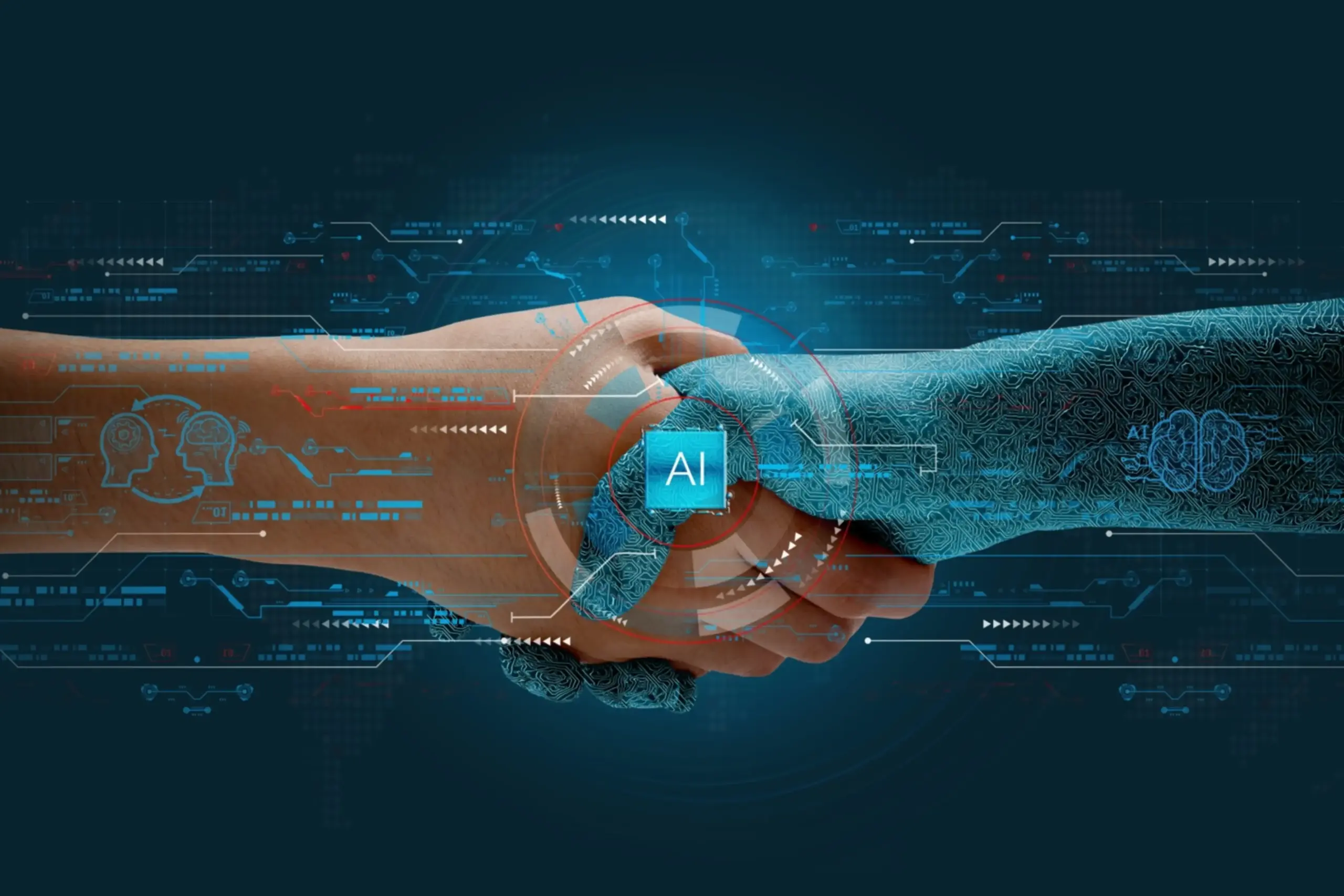
Personalization: Where Innovation Meets Connection
Today’s consumers expect brands to know them, understand them, and speak directly to their needs. AI excels in delivering personalization at scale—whether it’s dynamic product recommendations, tailored advertising, or customized content based on browsing behavior. These AI-driven strategies ensure that consumers receive messages that feel timely, relevant, and valuable.
Yet, personalization without human understanding risks feeling transactional and impersonal. While AI identifies what resonates with consumers, it is human marketers who must add emotional depth. For example, a campaign might leverage AI to pinpoint the right audience, but the messaging still requires creativity and cultural sensitivity to connect on a deeper level.
This is particularly important in diverse markets like Vietnam, where cultural nuances play a critical role. AI might process behavioral data efficiently, but it cannot fully grasp the intricacies of local traditions, values, and emotions. For meaningful connections, brands must combine AI’s precision with human insights that reflect cultural authenticity and empathy.
The Irreplaceable Human Touch
While AI can handle data processing, automation, and prediction, it cannot replicate human qualities such as empathy, emotional intelligence, and creative intuition. Building brand love goes beyond delivering the right message at the right time—it’s about fostering relationships that feel genuine and meaningful.
For example, a campaign centered around a shared cultural moment, a heartfelt story, or a cause that resonates with local audiences requires a human touch. Consumers are drawn to brands that demonstrate compassion, authenticity, and a deep understanding of their values. It is in these emotional spaces that human creativity shines brightest, guiding AI tools to enhance rather than replace the storytelling process.
Ethical Considerations in AI-Driven Marketing
With great technological power comes significant responsibility. As brands increasingly adopt AI, maintaining ethical marketing practices is more critical than ever. Forbes highlights the growing importance of transparency and accountability, especially when it comes to data usage. Consumers are becoming more conscious of privacy and are quick to disengage from brands that misuse their information.
Marketers must uphold ethical standards by being transparent about how AI tools are used, respecting privacy regulations, and ensuring that data collection benefits consumers, not just businesses. Missteps—such as overly intrusive personalization or ethically questionable targeting—can erode trust and damage brand integrity.
Striking the right balance between performance and ethics is essential. Brands that prioritize responsible AI usage will not only build stronger consumer relationships but also position themselves as leaders in an increasingly conscious marketplace.
The Coexistence of AI and Human Creativity
The fear that AI might replace human creativity is a misconception. Instead, AI serves as an enabler—automating repetitive tasks, analyzing campaign performance, and generating insights that free up time for human teams to focus on higher-level creative work.
For example, AI can generate variations of visuals or headlines, identify high-performing content, or streamline workflows. This allows creative teams to focus on storytelling, ideation, and strategies that require emotional and cultural nuance. In essence, AI handles the “how” while humans provide the “why.”
To thrive in this AI-driven landscape, creative agencies and marketers must embrace AI tools while staying rooted in their unique human perspective. By integrating technology into their workflows, they can elevate campaigns that are not only efficient but also imaginative and meaningful.
Cultural Sensitivity: A Human Advantage
In a diverse market like Vietnam, understanding cultural nuances is a significant competitive advantage. AI tools may identify trends and analyze data, but they lack the cultural awareness needed to interpret local behaviors, preferences, and values.
For instance, a campaign aimed at Vietnamese consumers must reflect an understanding of cultural traditions, humor, and emotional triggers. Human marketers bring this cultural sensitivity to the table, ensuring that AI-driven strategies are not only data-informed but also contextually relevant and authentic.
Balancing Profit and Purpose
In the pursuit of innovation, marketers face the challenge of balancing corporate profit expectations with ethical and purpose-driven strategies. AI’s ability to optimize for performance makes it tempting to prioritize short-term gains. However, long-term success requires a focus on consumer trust, societal impact, and brand integrity.
Purpose-driven marketing—where campaigns reflect values like sustainability, inclusivity, and social responsibility—resonates deeply with today’s conscious consumers. By aligning AI capabilities with meaningful, empathetic messaging, brands can achieve both business results and societal benefits, fostering stronger and lasting relationships with their audiences.
Charting the Future: AI as a Collaborative Tool
The future of marketing lies in the seamless integration of AI and human creativity. Marketers must view AI not as a replacement but as a collaborator—one that enhances efficiency, amplifies insights, and provides a foundation for deeper storytelling.
To achieve this balance, brands should focus on the following principles:
- Leverage AI for Precision: Use AI to streamline operations, analyze data, and deliver personalization at scale.
- Prioritize Human Connection: Combine data-driven insights with emotional storytelling and empathy.
- Embrace Ethical Responsibility: Ensure transparency, protect privacy, and uphold ethical standards in AI usage.
- Foster Creativity: Use AI to support, not replace, the creative process, allowing humans to focus on innovation and cultural relevance.
- Align with Purpose: Integrate societal values and long-term goals into AI-driven marketing strategies.
Conclusion: The Harmony of Innovation and Empathy
Artificial Intelligence has revolutionized marketing, offering brands the ability to deliver more efficient, personalized, and impactful strategies. However, the soul of marketing remains deeply human. It is empathy, creativity, and authenticity that drive emotional connections, build trust, and foster brand loyalty.
To succeed in this evolving landscape, marketers must strike a careful balance. By embracing AI as a tool for innovation while staying grounded in human values, brands can create experiences that are not only smarter and faster but also meaningful and lasting. Ultimately, the future of marketing lies at the intersection of technology and humanity—where innovation meets empathy.







